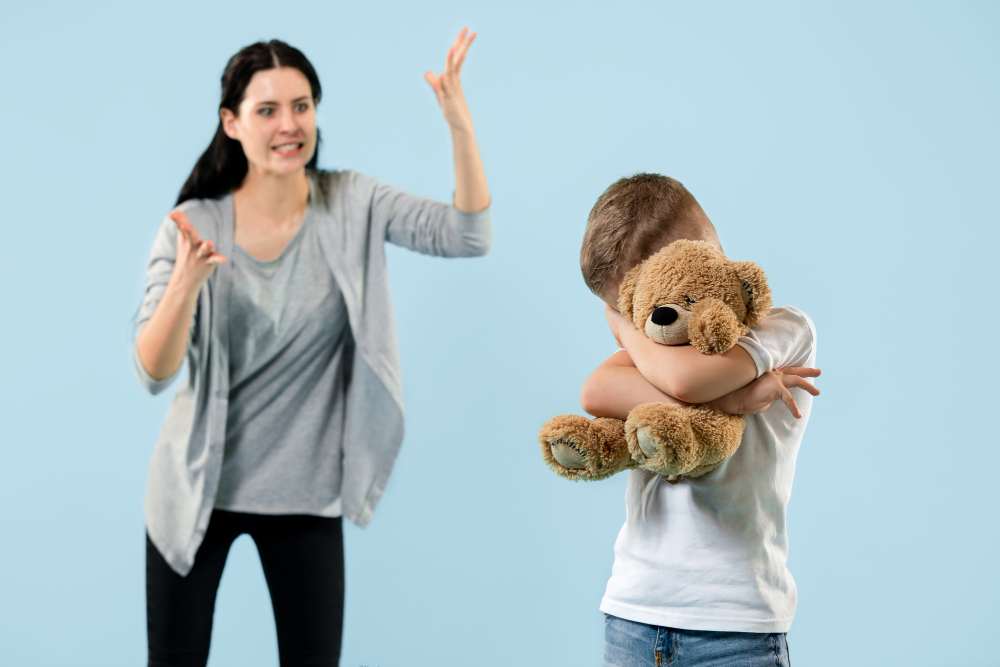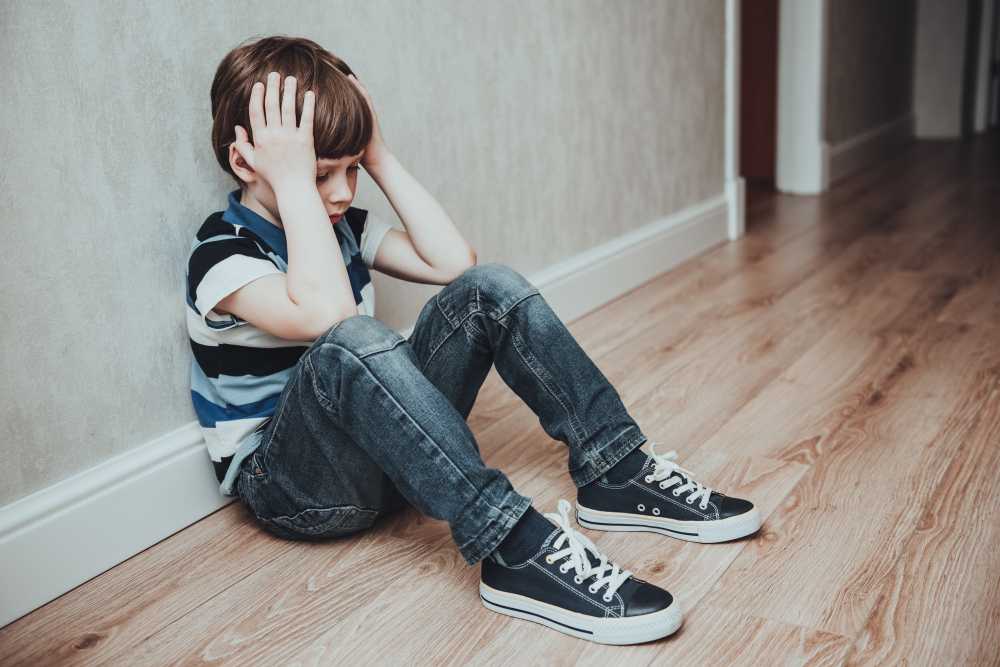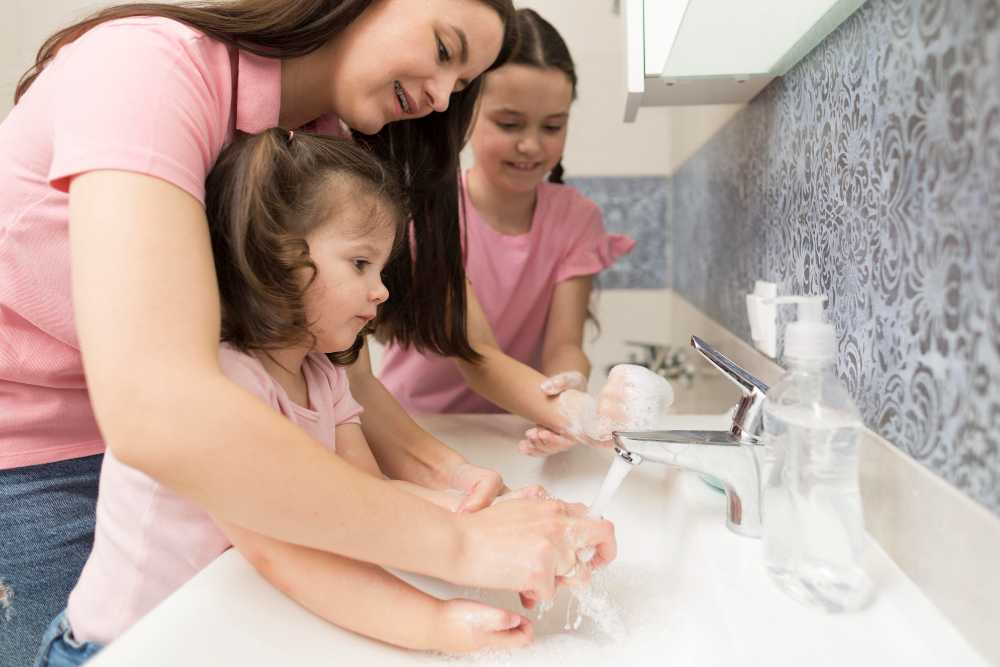The term punishment is used by behavioural scientists to describe the actions, which decrease the chances of a specific behaviour being repeated. From a parenting perspective, a negative punishment entails taking away something that your kids enjoy, which discontinues them from showing bad behaviour/habit.
But is it okay for parents to use negative punishment? Are you as parents using negative punishment effectively? Read ahead to know more.
What is negative punishment?
Negative punishment is the concept in behavioural psychologist B.F. Skinner’s “theory of operant conditioning”, studied in the year 1930. Rats and pigeons were used as a subject for the study and thus it’s not the best idea to apply the findings to the emotional dynamics of a parent-child relationship.
As per experts, punishment carries unhelpful overtones as parents think about modifying their child’s behaviour. Labelling consequences as punishments attaches a negative connotation and offsets the learning objective you are trying to teach the child.
There is a difference between taking something away from your kid in an attempt to change their behaviour and taking something away from them because you want to get back at them on some level.
Negative punishments examples parents should avoid using
Restricting a privilege means that the kids should not get access to it through other means, otherwise, the original consequences will lose their meaning. All the family members should be on the same page when it’s about setting the limit. One must try to identify and remove the trigger that leads to a child’s negative behaviour. You must empathise with the child and provide support even while trying to apply consequences.
For example, the consequences should be related to behaviour. If you are trying to limit your kid’s screen time, taking away a cell phone or tablet makes a lot more sense than taking away their favourite toy or barring them from doing any social activity.
Do not surely take away the things that help the kid manage their emotion such as stress toys, colouring or drawing. Holding them back from attending any rare party or occasions like a graduation party or birthday celebration that they cannot re-experience is also not right. This can cause your child to harbour hard feelings towards you.
How can parents use negative consequences effectively?
The consequence you choose needs to be realistic, logical and should be defined to a specific period that matches up to the gravity of the negative behaviour you are trying to correct.
Grounding your child for a month for the first time they break curfew can be too much. This kind of overreach can feel retributive and adversarial, not putting them in a great place to learn from their mistakes.
Consequences that are too long in length can introduce the danger of the child getting distracted from the goal and not caring about the consequences at all eventually.
Effective discipline requires a clarity of thought that can be difficult to grasp in the heat of the moment. If it’s too much, there is no shame in giving yourself time out when things get intense. It’s better to give yourself time and space so that you can make a wise decision rather than impulsivity to guide your discipline.
![]()










